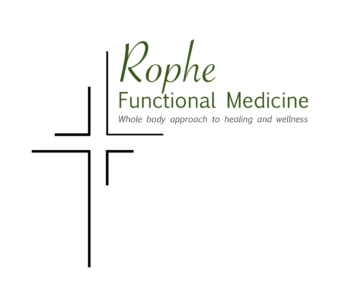
Integrating a Whole Body Approach to Healing and Wellness
Nutrition – Lifestyle – Spirituality
- Vitamin D and Why it Mattersby Cindy Swan, DNP, FNPVitamin D, what many people may think of as the “sunshine vitamin”, has been increasingly on the radar as to its vital importance to a multitude of bodily functions123. Without adequate vitamin D, the body is unable to properly absorb the calcium needed for strong bones4. Low vitamin D levels can also contribute to stiffer… Read more: Vitamin D and Why it Matters
- Lifestyle is Medicineby Cindy Swan, DNP, FNP“Food is your most important prescription” is what I often tell my patients. A pill might be necessary but should be implemented at the top rungs of the ladder climb to wellness, not as first line therapy or mono therapy. Proper nutrition, sleep, movement, and emotional and spiritual health are the key to achieving maximum… Read more: Lifestyle is Medicine
